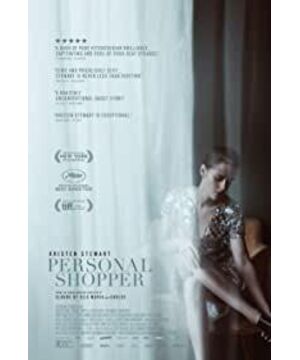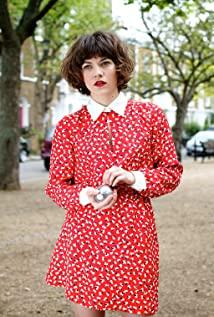To tell the truth, although the plot is attractive, it is still a bit confusing, but this peerless good ex-husband who made Maggie Cheung the queen of the Cannes movie still won the best director of the Cannes Palme d'Or with this film. The film revolves around the philosophical proposition of the existence of souls after death. The film also uses historical facts such as the personal experiences of 19th-century artists and Hugo as a foreshadowing, and by the way completes the mission that a literary film should have. It was sent by the mistress of the female employer. I didn't think that the chicken soup ending that was ridiculed by the group was so chicken soup. Wasn't it her brother who appeared behind her at home in Paris? And was the apparition she saw with her own eyes confusing the audience at the end? There are still people who guess that she has already died after leaving Paris. How is it possible? And in the hotel, the opening and closing of the automatic doors and elevators point to which ghost director is also mentioned. In the end, only the audience full of doubts remained. After reading a lot of film reviews and trying to find the explanation for the ending, there are different opinions. I think the heroine did not die in the end. After all, there was no sign of her being a ghost in the later communication with her family, so it should be my brother who entered and exited the elevator. And her brother's girlfriend's new boyfriend also mentioned that ghosts will linger on earth for a while to protect their loved ones. So the hostess should have notified the police after receiving the room card given by the murderer, changed the phone card at dusk, and went to the hotel the next day. And her brother should have done something to protect her before she left the hotel unscathed. The director gave the audience a lot of room for imagination. Maybe she tricked the murderer into getting into bed and escaped, because the murderer once mentioned that the relationship with the female employer is physical, which proves that he himself is only addicted to the flesh. people.
Going back to the female artist Hilma af Klint mentioned in the film, this is a Swedish painter who has created abstract works at the spiritual level before the emergence of abstract concepts, and mentioned in her will that she should not be transferred within 20 years after her death. His paintings were made public because people were not ready to understand it. . . She believes that her paintings are the result of her communication with the higher planes of consciousness, and she is herself an avid psychic. Her paintings have a mysterious geometric beauty that is very interesting.
The other is the psychic story about Hugo. After he was exiled to Jersey, he became obsessed with psychics and set up a small table to play disc fairy with everyone. But looking back on his life, it is not difficult to find that what he did had a lot to do with his tragic past, and finally he was inevitably questioned whether he had a mental illness. The director used an excerpt from a French documentary about his psychics, and also referenced some of his records on psychics for the scripting.
Can't say it's a great movie, but at least it's an interesting movie. After all, it did not live up to the suspenseful positioning.
View more about Personal Shopper reviews











